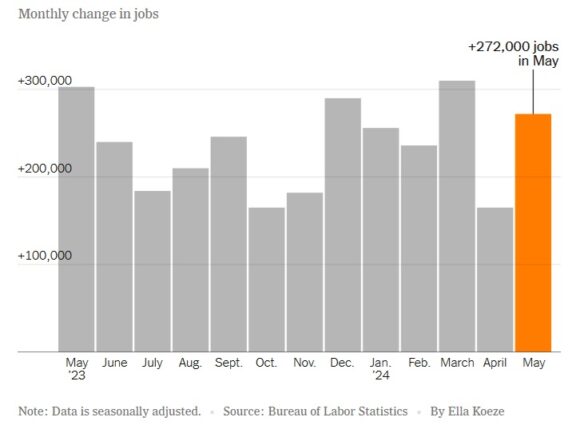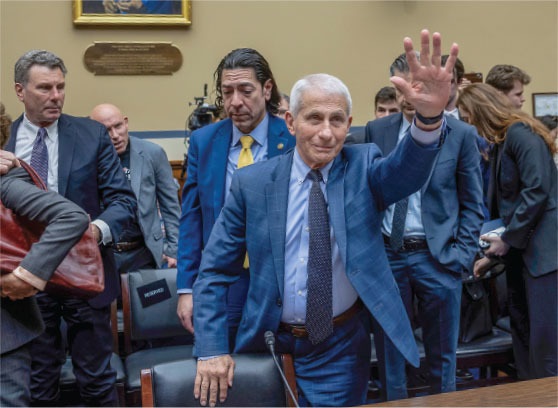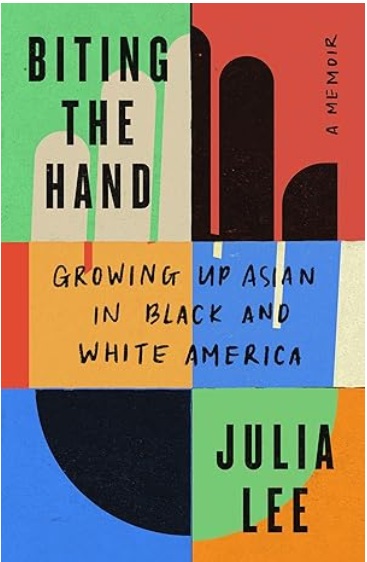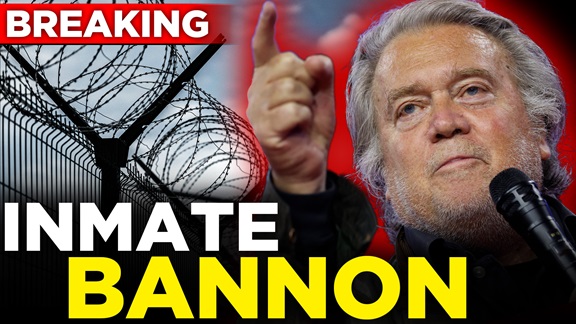 Credit…Ilvy Njiokiktjien for The New York Times
Credit…Ilvy Njiokiktjien for The New York Times
Dear Commons Community,
In Europe, more people are choosing to read in English even if it is not their first language because they want the covers, and the titles, to match what they see on osocial media. As reported by The New York Times.
When the Pulitzer Prize-winning author Jennifer Egan was in the Netherlands a few years ago promoting her most recent novel, “The Candy House,” she noticed something unexpected. Most of the people who asked her to sign books at author events were not presenting her with copies in Dutch.
“The majority of the books I was selling were in English,” Egan said.
Her impression was right. In the Netherlands, according to her Dutch publisher, De Arbeiderspers, roughly 65 percent of sales for “The Candy House” were in English.
“There was even a sense of a slight apology when people were asking me to sign the Dutch version,” Egan said. “And I was like, ‘No! This is what I’m here to do.’”
As English fluency has increased in Europe, more readers have started buying American and British books in the original language, forgoing the translated versions that are published locally. This is especially true in Scandinavian countries, the Netherlands and, increasingly, Germany, which is one of the largest book markets in the world.
Publishers in those countries, as well as agents in the United States and Britain, worry this could undercut the market for translated books, which will mean less money for authors and fewer opportunities for them to publish abroad.
“There is this critical mass,” said Tom Kraushaar, publisher at Klett-Cotta in Germany. “You see in the Netherlands: Now there is a tipping point where things could really collapse.”
The English-language books that are selling abroad are generally cheap paperbacks, printed by American and British publishers as export editions. Those versions are much less expensive than hardcovers available in the United States, for example, and much less expensive than the same books in translation, which have to observe minimum pricing in countries like Germany.
“People should read in whatever language they want,” said Elik Lettinga, publisher of De Arbeiderspers in the Netherlands. But the export editions, she continued, “undercuts on price.”
English sales have accelerated in recent years, in part because books now go viral on social media. Booksellers in the Netherlands said that many young people prefer to buy books in English with their original covers, even if Dutch is their first language, because those are the books they see and want to post about on BookTok.
I admire the European education systems that have put such an emphasis on second and third language learning. It is one of the great disadvantages of our American system that we do not do the same.
Tony











